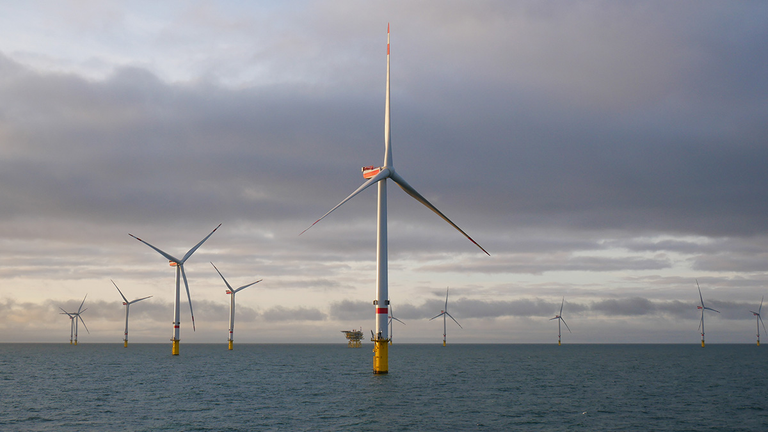Germany to Dismantle Its First Offshore Wind Farm, Alpha Ventus, After Only 15 Years
Germany’s first offshore wind farm, Alpha Ventus, is set to be dismantled after just 15 years of operation—a move that raises critical questions about the long-term sustainability and economic viability of renewable energy infrastructure in Europe’s green energy pioneer nation.
Located in the North Sea, roughly 45 kilometers off the coast of the island of Borkum, Alpha Ventus was inaugurated in 2010 as a flagship project. It marked a turning point in Germany’s energy transition ("Energiewende"), showcasing the country’s commitment to moving away from fossil fuels and nuclear energy in favor of wind, solar, and other renewables.
The project was widely considered a technological and political milestone. Equipped with twelve turbines—six made by AREVA (now Siemens Gamesa) and six by REpower (now Senvion)—Alpha Ventus was not only a test bed for turbine performance in harsh marine environments but also a symbol of German engineering and green ambition.
However, that symbol is now facing a premature end. The wind farm will be decommissioned in 2025, after just a decade and a half of service. The reason? It is no longer economically viable without state subsidies. When Alpha Ventus was constructed, its development and operation were heavily subsidized to kickstart offshore wind innovation. But as the subsidy period has expired, the cost of maintaining and operating the aging infrastructure—especially in the challenging offshore environment—has become too high relative to its energy output and revenue.
This development has sparked concern among energy experts and environmental policy analysts. Offshore wind farms are typically expected to operate for at least 20 to 25 years, with many newer facilities designed for even longer lifespans. The early retirement of Alpha Ventus could signal potential challenges for other first-generation wind farms in Germany and beyond.
Critics argue that the decision reflects a larger issue: the reliance on public subsidies to keep certain renewable energy projects financially viable in the long term. While subsidies have played a crucial role in making wind and solar competitive, there is growing concern that many of the first-generation green infrastructure projects may become obsolete or unprofitable once those financial supports are withdrawn.
Furthermore, the dismantling process is complex and expensive. Offshore decommissioning involves safely removing massive turbine structures, underwater foundations, and cabling—often under strict environmental and maritime regulations. It also raises the issue of waste management and recycling of turbine components, many of which are made of composite materials that are difficult to repurpose.
For Germany, the decision to dismantle Alpha Ventus also has symbolic implications. It comes at a time when the country is struggling to meet its climate goals and to ensure a stable, affordable energy supply amid the phaseout of nuclear power and reduced reliance on Russian gas. Although Germany remains a global leader in wind energy—with over 8 GW of offshore capacity installed—the early closure of Alpha Ventus highlights the need for clearer long-term planning, maintenance strategies, and funding models.
As Germany continues to expand its offshore wind capacity, with newer and more efficient turbines being built farther out at sea, Alpha Ventus may ultimately be remembered as a necessary, if short-lived, experiment. But its early end serves as a cautionary tale: even clean energy technologies require robust long-term economic and environmental planning.
Should governments be responsible for ensuring the full life cycle of renewable infrastructure, including post-subsidy operation and decommissioning?

When it comes to renewable energy, it's expensive to build and to maintain.
The German government needs to continue the finding
And in further research, there should be a way wind turbine should operate without subsidy.
https://www.reddit.com/r/inthenews/comments/1lzkukp/germany_to_dismantle_its_first_offshore_wind_farm/
This post has been shared on Reddit by @tsnaks through the HivePosh initiative.